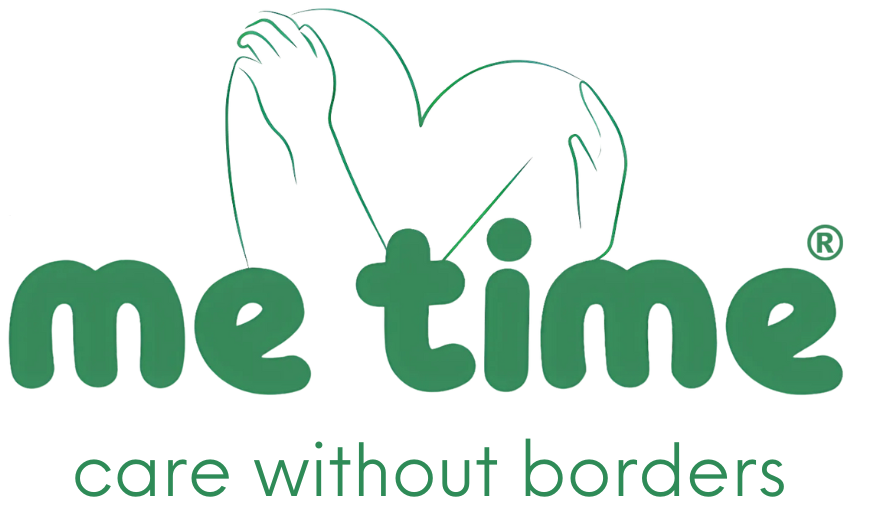Exclusive Offer: Enjoy Free CARA for All Users
Arousha Toufigh, Expert Clinical Psychologist
|
November 22, 2022
Mythomania (Lying Disorder): Symptoms, Causes, and Treatment Options

Mythomania (Lying Disorder): Symptoms, Causes, and Treatment Options
Mythomania, also known as compulsive lying or pathological lying, is a mental health condition where an individual consistently tells falsehoods without any clear benefit or reason. People suffering from mythomania often fabricate stories, alter facts, and create false realities, which can severely affect their relationships and quality of life. While occasional lying can be a normal part of human behavior, mythomania is persistent and uncontrollable. This blog explores the symptoms, causes, and treatment options for mythomania.
Symptoms of Mythomania
Mythomania often presents with a range of behavioral patterns that distinguish it from ordinary lying. Some of the common symptoms include:
-
Frequent, Compulsive Lying: Individuals with mythomania lie habitually, often without any clear reason. These lies can be small and inconsequential or large, elaborate stories.
-
Lack of Gain: Unlike typical lies told for personal gain (e.g., to avoid consequences or seek attention), mythomaniacs lie even when there is no benefit or clear outcome to their falsehoods.
-
Inconsistent Stories: People with mythomania frequently tell inconsistent stories, which can change depending on who they are talking to or over time.
-
**Belief in Their Lies: **Many mythomaniacs begin to believe their lies, making it difficult for them to distinguish between truth and fiction.
-
Emotional Reactions: When confronted, individuals with mythomania may react defensively, become angry, or deny the falsehoods, often unable to understand why their behavior is problematic.
-
Relationship Issues: Persistent lying can strain personal and professional relationships, as it erodes trust and creates conflicts.
Causes of Mythomania
The exact causes of mythomania are not fully understood, but there are several factors that can contribute to the development of this condition:
-
Psychological Disorders: Mythomania is often associated with other mental health conditions, such as borderline personality disorder (BPD), narcissistic personality disorder (NPD), or antisocial personality disorder (APD). These disorders may contribute to a person’s need to fabricate or exaggerate events.
-
Childhood Trauma: Early experiences of neglect, abuse, or trauma may lead some individuals to develop lying as a coping mechanism. This behavior may become ingrained over time.
-
Low Self-Esteem: In some cases, compulsive lying stems from feelings of inadequacy. Individuals may lie to inflate their sense of self-worth or to gain admiration from others.
-
Neurological Factors: Some research suggests that neurological issues, such as brain injury or differences in brain structure, may contribute to compulsive lying behaviors.
-
Social Pressure: External factors, such as the desire to fit in, impress others, or avoid social rejection, can also fuel compulsive lying.
Treatment Options for Mythomania
Treating mythomania can be challenging, particularly because those affected may not recognize or admit their lying behavior. However, with the right approach, it is possible to manage the condition and improve the individual’s quality of life. Some treatment options include:
-
Cognitive Behavioral Therapy (CBT): CBT is one of the most effective treatments for mythomania. This therapy helps individuals understand the root causes of their lying behavior and teaches them strategies to change these patterns. Therapists work with patients to challenge distorted thinking and develop healthier communication skills.
-
Psychotherapy: Long-term psychotherapy, such as talk therapy, can help individuals explore the underlying emotional issues that contribute to their compulsive lying. This approach may also focus on improving self-esteem and addressing past trauma.
-
Medication: While there is no specific medication to treat mythomania, some individuals may benefit from medication to manage co-occurring mental health conditions, such as anxiety, depression, or personality disorders.
-
Group Therapy: Group therapy can provide mythomaniacs with a supportive environment where they can share their experiences and learn from others who are dealing with similar challenges.
-
Family Counseling: Since mythomania can severely strain relationships, family counseling can help rebuild trust and improve communication between the individual and their loved ones. It provides a space for families to understand the disorder and learn how to support the person in recovery.
-
Accountability Measures: Setting up systems of accountability, such as working closely with a therapist or trusted friend to monitor truthfulness, can help individuals with mythomania begin to break their lying patterns.
Mythomania, or compulsive lying disorder, is a complex and often misunderstood mental health condition. While the compulsive nature of the lies can severely impact the individual’s life and relationships, treatment options like cognitive behavioral therapy, psychotherapy, and medication can help manage the symptoms. If you or someone you know is struggling with compulsive lying, seeking professional help is essential to addressing the root causes and building healthier communication patterns.
One-on-one therapy is highly effective for treating mythomania by offering personalized support and attention. It helps individuals identify the triggers behind their compulsive lying, build self-awareness, and develop healthier communication skills. Therapy also addresses underlying issues like trauma, low self-esteem, or co-occurring mental health conditions, providing long-term support for behavioral change. Through this focused approach, individuals can learn to break the cycle of compulsive lying and improve their relationships and well-being.
Understanding and compassion are key to helping individuals with mythomania regain control of their behavior and improve their quality of life.

Need support on your wellness journey?
You don't have to wait to talk to someone. Our licensed providers have availability every week, making it easy to start when you're ready.


Need support on your wellness journey?
Whether you're navigating something difficult or simply looking to improve your well-being, our licensed providers are here to help.
You don't have to wait to talk to someone. Our licensed providers have availability every week, making it easy to start when you're ready.



